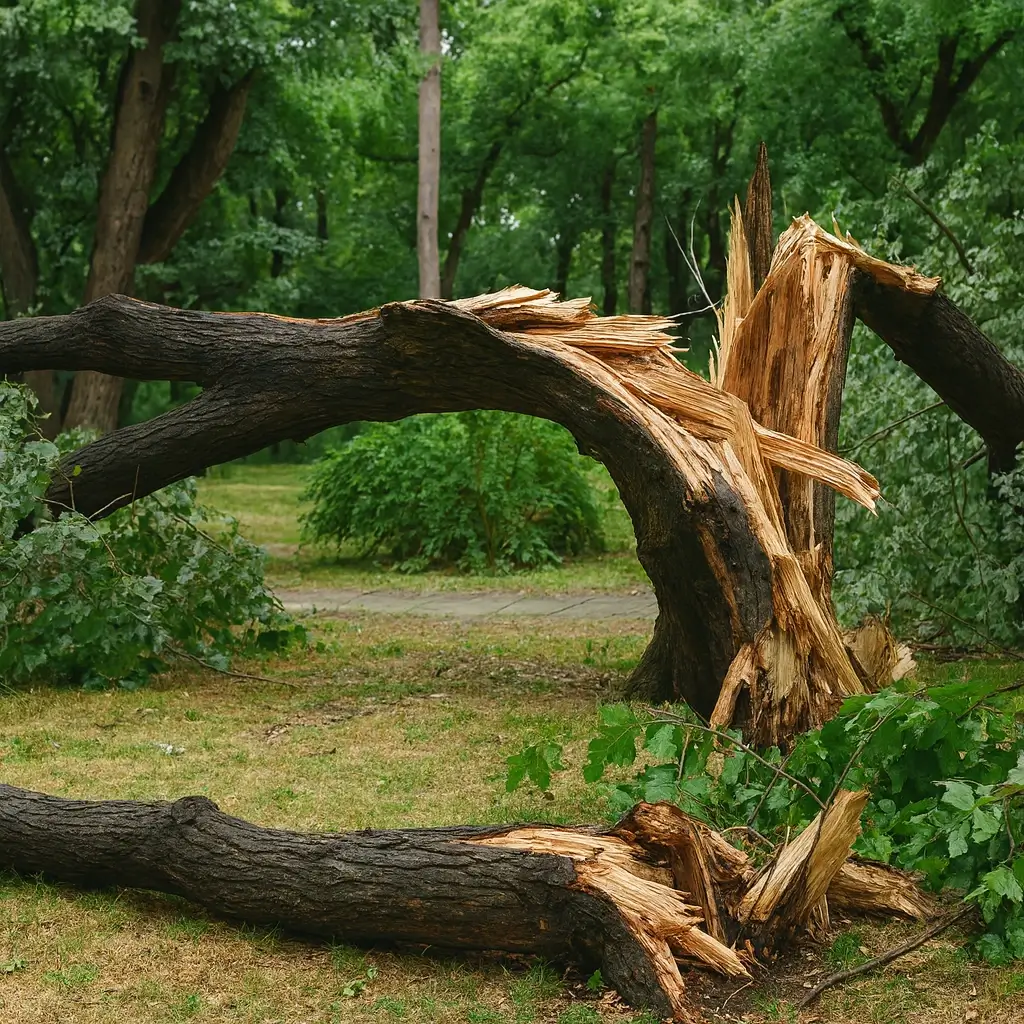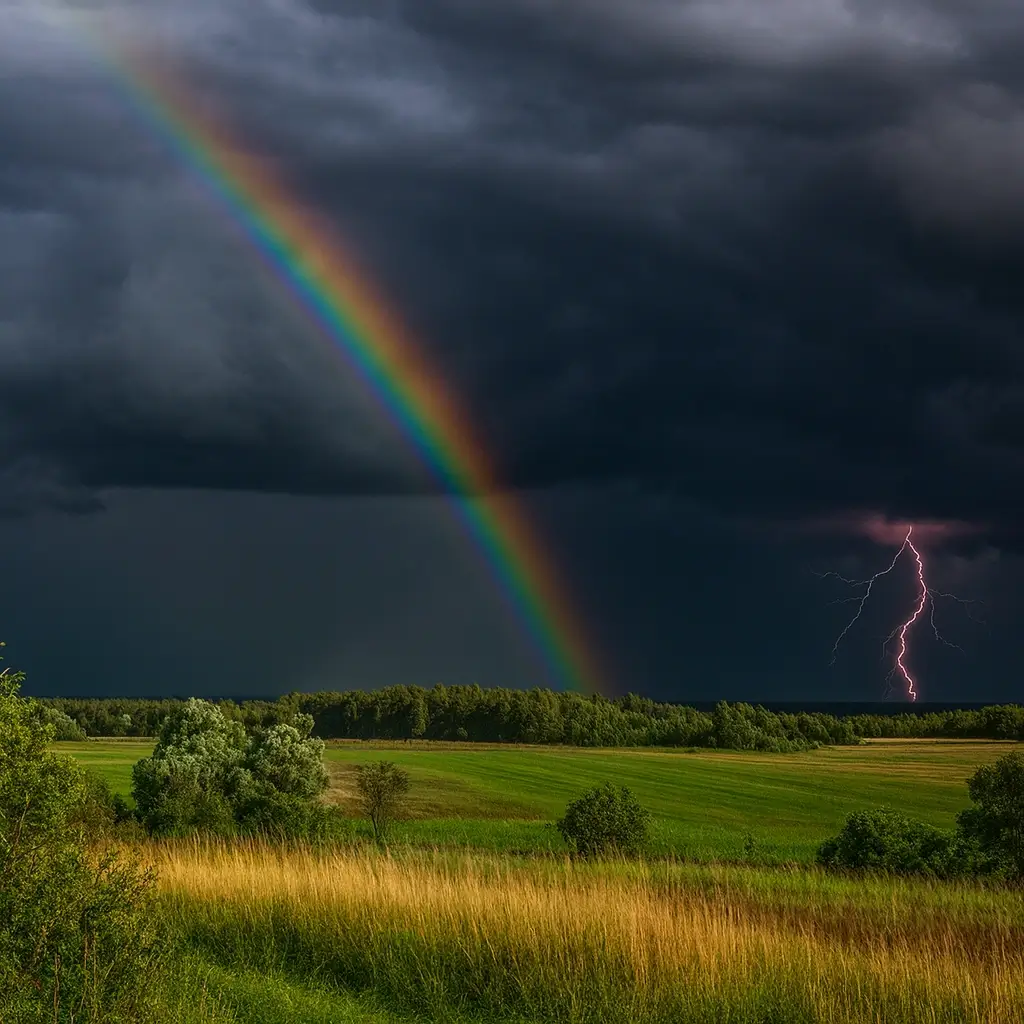Hypervigilant Activation

I didn’t used to think there was anything unusual about the way I live in my body. I just thought I was serious. Alert. Responsible. The kind of person who notices things. But if I’m honest, I don’t really relax. Even when nothing is wrong. There’s almost always a slight readiness in me. A brace. […]
How the Daoist Healing Arts Understand Health, Illness, and Change

Most of us grow up learning to think about health in a very specific way. Something breaks.Something malfunctions.Something goes wrong. A diagnosis names the problem. A treatment targets it. The goal is to eliminate the issue and return the body to “normal.” There’s nothing inherently wrong with that approach. It’s useful. Sometimes it’s lifesaving. But […]
Disease as Misalignment: A Daoist View of Why Illness Develops

In the Daoist healing arts, illness is not understood as a single thing “going wrong.” It’s understood as a loss of alignment — between how a person lives and the conditions they’re embedded in. This way of seeing health is older than formal medicine. It comes from a Daoist worldview in which human beings are […]
The Core Childhood Needs That Shape Adult Life

Most people think childhood trauma is about what happened. Abuse. Neglect. Big, obvious events. But for many adults, the deeper issue isn’t what happened —it’s what didn’t. Things that were supposed to be there.Things that help a nervous system, a sense of self, and a capacity for relationship form properly. You don’t need a perfect […]
When Safety Becomes a Cage

There comes a point when survival stops feeling like safety and starts feeling like confinement.The strategies that once protected us — staying alert, staying in control, staying invisible — begin to run on their own.We don’t choose them anymore. They choose us. That’s the essence of rigidity: life energy locked into old shapes.It’s the moment […]
Reflection as Practice: Turning Awareness into Medicine

Reflection begins the same way: you pause, you turn inward, you start to listen. It’s the same door we opened in trauma assessment, but it leads down a different path.But in Daoist practice, reflection isn’t a way to gather information—it’s a way to return to stillness. To reflect is to allow awareness to settle until […]
If You Don’t Sleep, You Don’t Heal: Why Night Is the First Medicine

Most people don’t want to hear this, but I’m going to say it anyway because it’s the truth:If you’re not sleeping, you’re not healing.There is no workaround. No shortcut. No secret practice that replaces the simple act of letting your body drop into the night. I spent years watching this play out in clinic. Patient […]
Seeing Without Blaming

For a long time, I thought I’d already faced my childhood. My father was an alcoholic. There was chaos, unpredictability, and some violence. I witnessed things no child should have to witness. My mother and father were both emotionally remote, unavailable in ways I didn’t yet know how to name. Those were the obvious wounds […]
How Survival Patterns Take Root

No one chooses their patterns.We don’t sit down one day and decide to become hypervigilant, controlling, avoidant, or numb.Our systems simply learn what keeps us safe — and then they don’t stop doing it. That’s how survival becomes structure.It’s not dramatic or sudden. It’s subtle, steady, and deeply intelligent.The body, mind, and spirit adapt to […]
Trauma Assessment Tools: Checklists

Checklists can bring a sense of comfort. But they also have limits. There’s something reassuring about a checklist. When life has felt confusing, unpredictable, or painful, a list of boxes to tick can feel like order. It gives form to something that has lived too long in the shadows—an experience that never quite made sense. […]